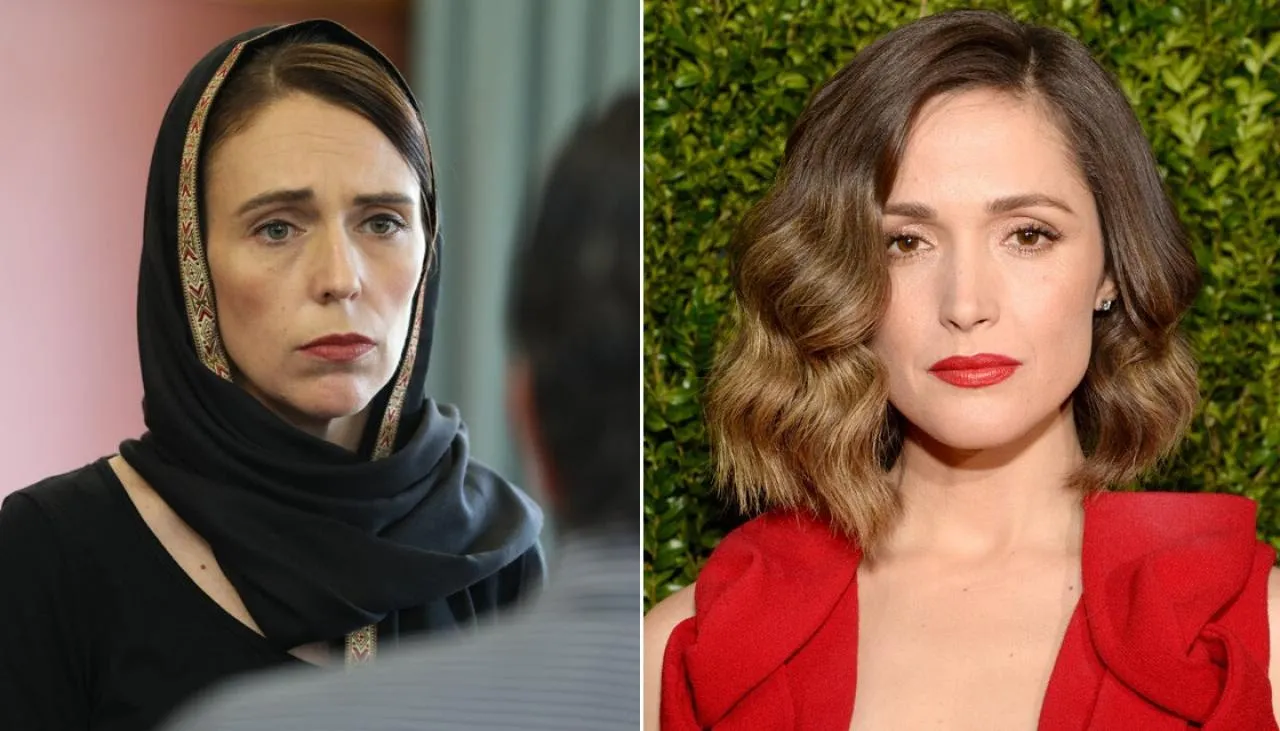Table of Contents
Bryce Edwards
Victoria University of Wellington – Te Herenga Waka
democracyproject.nz
Dr Bryce Edwards is Political Analyst in Residence at Victoria University of Wellington. He is the director of the Democracy Project.
Despite the avalanche of feelings expressed against the They Are Us film being made – something that blogger Martyn Bradbury has described as Orwellian “cancel culture” – there are a number of voices arguing that such a film is needed.
Writing in Stuff newspapers yesterday journalist Lana Hart, who has already told the story of March 15 in a radio series, argues that the They Are Us producers might have got some elements wrong, but there is a strong case for making films about tragedies like March 15 – see: It’s not the film. It’s the approach to the film.
Here’s Hart’s main point:
“Could a film, like art, serve the greater purpose of helping us make sense of the world? Imagine you didn’t live in Christchurch or New Zealand but cared about the issues and people affected by the massacre. In Dublin or Mecca, you are as horrified by what happened here as we locals are. Maybe you want to know more. Maybe you need energy and purpose to address the underlying reasons for the attacks. From outside Aotearoa, you have a genuine curiosity about the people, facts, and responses to the tragedy. A sensitively-produced film holds the potential to spread important messages to a global audience interested in what happened here.”
Hart quotes another film specialist, Matt Mueller, saying “Hasn’t art always been about processing human trauma and making sense of the senseless?” She also draws attention to some great film storytelling about other tragedies, such as the 1999 Columbine High School massacre and the 2011 Norwegian killings.
For the must-read defence of the film being made, see Chris Trotter’s Nobody owns the Christchurch tragedy. He argues the story of Ardern’s response should be central to a film about what happened in Christchurch:
“Ardern’s reaction to the Christchurch shootings was as close to perfect as human-beings get. The world was by turns astonished and uplifted by her words and gestures. Ardern allowed humanity to rise above the evil of the terrorist’s actions.”
He argues the positive story about how the nation drew together in condemnation of the tragedy is a problem for some on the political left who want to paint New Zealand as deeply racist and Islamophobic. Essentially, Trotter’s argument is that those objecting to the film project have a problem with the unifying They Are Us message.
Herald columnist John Roughan also thinks Ardern’s leadership was heroic and worthy of focus, saying it’s “hard to see how she could not be” a heroine of the film – see: It is not too soon for the Christchurch mosque attacks to be focus of film (paywalled). He says: “Ardern’s response had a profound effect on the world. Two years on, it’s even possible to say she changed history that day.”
Roughan says that what happened “needs some reflection while it remains fresh in the memory. It is also hard to see how the story could fail to do justice to the victims and the survivors, as [the critics] fear.”
Columnist Mike Yardley does wonder if the film project is happening too soon and has the right focus, but says it should be allowed to be made – see: Movie plan breathtakingly crass, but should it be cancelled?. He concludes the filmmakers should be free to make it, and the audience free to stay away from the screenings:
“Yes, They Are Us makes me squirm. But should it fall prey to cancel culture? The woke to want it shut down, but freedom of speech isn’t confined to what we agree with, or what chimes with our sensibilities. If you don’t support it, spurn it. Don’t go to it and don’t view it.”
Blogger Martyn Bradbury has written a number of posts defending the film project, and criticising those who want it shut down. For instance, see: The woke cancellation of a movie they haven’t seen is ugly & why Golriz’s definition of white supremacy is terrifying. He says, “I think this movie focusing on the leadership of a young white female Prime Minister using kindness and empathy in the aftermath of a white supremacists terror attack is the exact movie the world needs right now.”
Other filmmakers have also been interviewed about how movies can be made in a sensitive and appropriate way, and whether they should be made at all. For example, Emile Donovan has interviewed Robert Sarkies, the producer of Out of the Blue (about Aramoana), about these ethical difficulties, and found that opponents of his film actually became supportive – see: The minefield of portraying real life tragedy on screen.
Similarly, see Emily Brookes’ ‘What people don’t want is to be exploited’: The people who’ve made films about Kiwi tragedies. In this, David Stubbs, who directed the TV series on the Bain family murders, Black Hands, says such films are not usually made for great profit or fame: “From my experience it’s generally about finding the truth in complex stories and honouring the legacy of victims.”
Finally, for a very different analysis of the problems with the potential They Are Us film, economist Eric Crampton looks at whether such a film – which is likely to receive government subsidies to be made – would count as an “election advertisement” if it’s released during the 2023 election year – see: Mosque attacks film: Movies about politicians should not be taxpayer-funded.
This article can be republished under a Creative Commons CC BY-ND 4.0 license. Attributions should include a link to the Democracy Project.
Please share this article so that others can discover The BFD.









